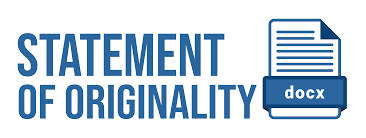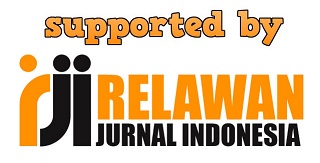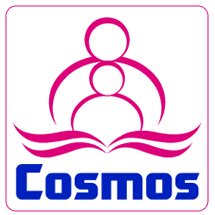The Transformation of English Language Pedagogy in the Context of Distance Education: A Literature Review on Challenges and Opportunities in the Digital Era
DOI:
https://doi.org/10.61672/eji.v9i2.3022Keywords:
Distance Education, English Pedagogy, Educational Technology, Blended Learning, Online Learning.Abstract
This study aims to examine the transformation of English pedagogy in the context of distance education in the digital era. With the advancement of technology, distance education has become a primary alternative for delivering instructional content, including in English language teaching. This research employs a qualitative approach using the library research method to identify the challenges and opportunities in teaching English through distance education. The findings indicate that although there are challenges related to teacher readiness and limited access to technology for students, the digital era also offers significant opportunities to enrich learning through various interactive media and cross-cultural collaboration. Technology-based learning models, such as blended learning and flipped classroom, enhance student engagement and make learning more flexible. The study underscores the importance of developing digital competencies for teachers and ensuring adequate technological infrastructure for effective pedagogical transformation.
References
Basal, A. (2015). The implementation of a flipped classroom in foreign language teaching. Turkish Online Journal of Distance Education, 16(4), 28-37.
Hampel, R., & Stickler, U. (2015). Developing online language teaching: Research-based pedagogy and training. Palgrave Macmillan.
Godwin-Jones, R. (2018). Using mobile technology to develop language skills and cultural understanding. Language Learning & Technology, 22(3), 1–17.
Horn, M. B., & Staker, H. (2015). Blended: Using disruptive innovation to improve schools. Jossey-Bass.
OECD. (2020). The impact of COVID-19 on education: Insights from Education at a Glance 2020. OECD Publishing.
Lamy, M. N., & Hampel, R. (2015). Telecollaboration in foreign language learning: A review of recent research and future directions. Palgrave Macmillan.
Vygotsky, L. S. (1978). Mind in Society: The Development of Higher Psychological Processes. Harvard University Press.
Anderson, T. (2017). Theories for learning with emerging technologies. Routledge.
Salmon, G. (2013). E-tivities: The key to active online learning. Routledge.
Garrison, D. R., & Anderson, T. (2003). E-learning in the 21st century: A framework for research and practice. Routledge.
Karsenti, T., & Collin, S. (2013). Distance education and learning management systems: Concepts, methodologies, tools, and applications. IGI Global.
Reeves, T. C. (2017). Evaluating educational technology: An integrated approach. Springer.
Downloads
Published
Issue
Section
License
Copyright (c) 2025 Eggi Pratama, Egi Raputri, Aulia Andhini

This work is licensed under a Creative Commons Attribution 4.0 International License.




















